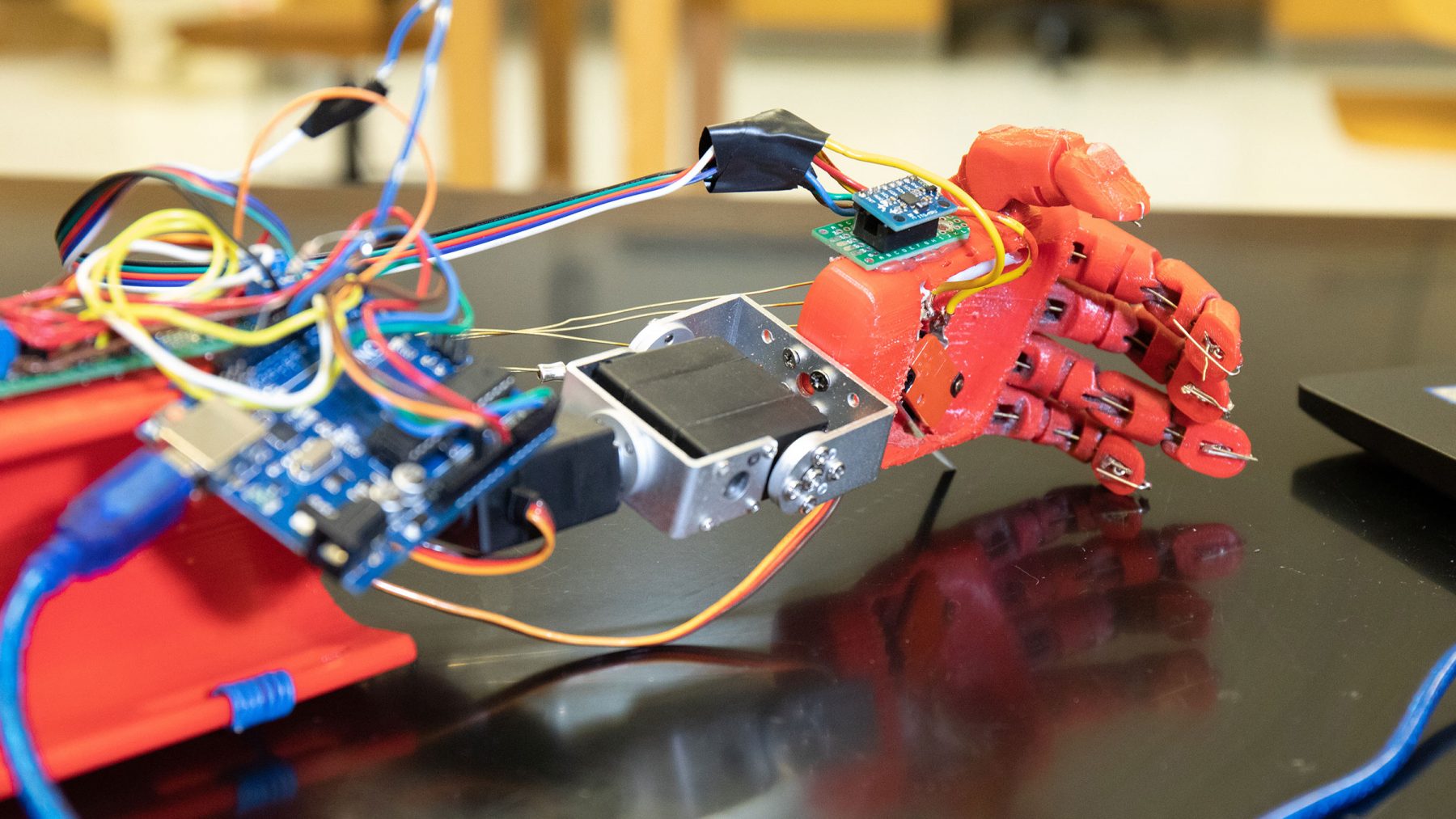

Intelligence agencies call upon this type of physics job to uncover explosions that result from nuclear weapon testing. A geophysicist or a seismologist may study geologic faults and tectonic plate movement to detect the potential for earthquakes, volcanic eruptions, landslides, or tsunamis. For example, seismologists may use controlled explosions to study underground movement in an effort to determine the location of potential oil sources. This type of physics job has a diverse variety of applications, and is in demand by a broad variety of industries. If you are interested in exploration and research, becoming a geophysicist or a seismologist may be the ideal career choice. Similarly, professors who have extensive publication, research, and grant writing experience, may earn more. Salary varies, based upon the hiring institution. In 2017, the Bureau of Labor Statistics reported that the median, annual pay for a college professor was $76,000. Having published research projects and practical teaching experience are common secondary requirements.
#Physics science jobs plus
An undergraduate degree, plus a master’s and doctorate in physics is the starting point. You can expect to spend a minimum of 10 years preparing for this type of physics job. This is predicated upon the amount of time the professor has spent in the job and in specific accomplishments in his field.

Most colleges offer professors tenure or lifetime job security. Some college professors write grants that can be used for ground-breaking research and for developing new initiatives.
#Physics science jobs free
This means that professors are free to teach material from their own perspective, and in a way that matches their personal style. College professors enjoy academic freedom.

The remaining time at work is spent meeting with students, conducting research, writing journal articles and books, doing administrative tasks and applying for grants. The average teaching load is four classes, which amounts to 12 to 15 hours in the classroom a week. A college physics teacher is immersed in teaching students the fundamentals of physical science. Research, teaching and publishing are at the heart of this career in physics.

As you consider a career field that interests you, be prepared to spend six to 10 years in college. Most jobs that are looking for an employee with a background in physics require advanced or graduate education. Having a degree in physics communicates that you have what it takes to assess a situation from a quantitative perspective, to create a solution and to explain your rationale for the outcome. Physics serves as a broad foundation for careers in astronomy, medicine, engineering, computer science and education. Searching for the unknown in space, and creating a sound-free learning environment falls under the purview of a physicist. Scientific investigation and problem solving is at the heart of what a physicist does. Without the laws of physics, our world would be without spaceships, computers, advanced medical technology, and even, large buildings. If you have a passion for understanding how and why things work, and you have a vivid imagination, a career in physics may be the ideal job choice.


 0 kommentar(er)
0 kommentar(er)
